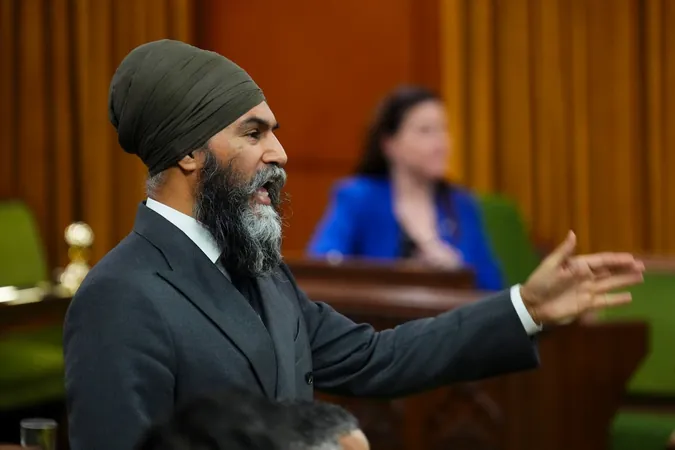
NDP and Bloc Québécois Demand Inclusion of Retirees in $250 Payouts from Liberals
2024-11-25
Author: William
NDP and Bloc Québécois Demand Inclusion of Retirees in $250 Payouts from Liberals
Amid rising tensions surrounding the government’s financial relief package, the Bloc Québécois and the New Democratic Party (NDP) are calling on the Liberal government to extend the proposed $250 cheques to retirees as well. This push could dramatically increase the overall cost of the relief package designed to assist consumers amid economic challenges.
Prime Minister Justin Trudeau unveiled a comprehensive $6.28 billion initiative last week, dedicating $4.68 billion specifically for issuing $250 cheques to the majority of working Canadians in the spring. Additionally, a $1.6 billion plan includes reducing the Goods and Services Tax (GST) on various products for a two-month period starting December 14. However, for these measures to take effect, the Liberals will require support from other parties within the House of Commons.
NDP Leader Jagmeet Singh, who initially endorsed the plan, has since voiced concerns. He argues that the current strategy, which excludes retirees and other vulnerable groups such as students and individuals with disabilities, is inadequate. "Leaving out those who are most in need is misguided," Singh stated emphatically from Parliament Hill. "The government must amend their plan to ensure it provides relief to everyone affected."
While Singh’s criticism was clear, his office later clarified that he wasn’t issuing an ultimatum, indicating the NDP might still back the proposal even without changes.
Bloc Leader Yves-François Blanchet also expressed similar sentiments, asserting that his party would only consider support for the Liberals' affordability package if retirees were included. “If the government seeks our cooperation, it’s imperative that they consider our elders, as they are among the most impacted,” he stressed.
Initially, Singh claimed the Liberals had indicated that the cheques would be available to all individuals earning under $150,000, which led the NDP to assume retirees would qualify. This revelation has sparked further discussions about who should receive financial assistance in light of the ongoing economic pressures stemming from high inflation.
Despite the push from both parties, Prime Minister Trudeau has been resistant to including retirees in the plan, highlighting other measures aimed at benefiting older Canadians. Deputy Prime Minister Chrystia Freeland echoed Trudeau’s stance, arguing that many seniors remain part of the workforce and would still receive the proposed payments.
In what has turned into a contentious environment, Conservative Leader Pierre Poilievre criticized the NDP for their shifting stance on whether they support the government's proposed measures. He labeled the GST reduction as a “merely temporary tax trick” amid ongoing struggles with inflation on essentials like food and housing.
Provincial leaders have also weighed in on the GST plan, with some expressing surprise at the lack of consultation prior to the announcement. This has raised questions about the potential impact of federal GST changes on provincial revenues, especially in jurisdictions with harmonized sales taxes.
As discussions continue, the debate underscores the complexity of addressing economic aid and the necessity for broader inclusion in financial relief initiatives. Canadians, particularly retirees, await clarity on how the government plans to navigate this crucial issue while ensuring support reaches those who need it most.
As the situation unfolds, the dynamics in Parliament remain tense, and how the Liberal government addresses these pressing concerns will likely shape the political landscape as the country heads into the new year.
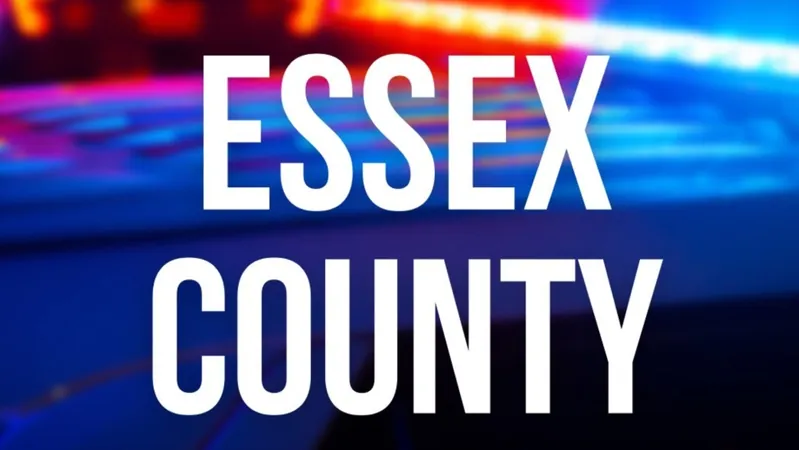

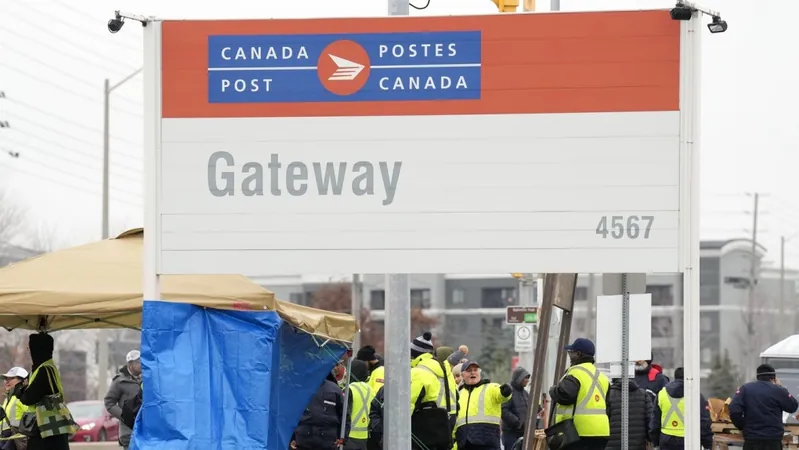
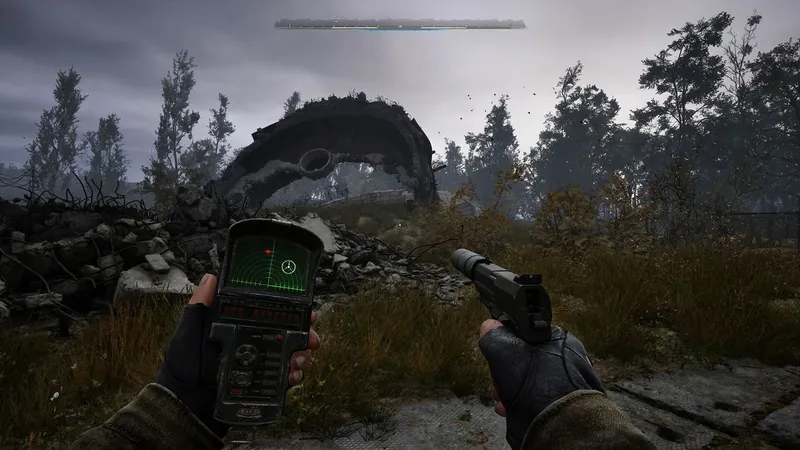
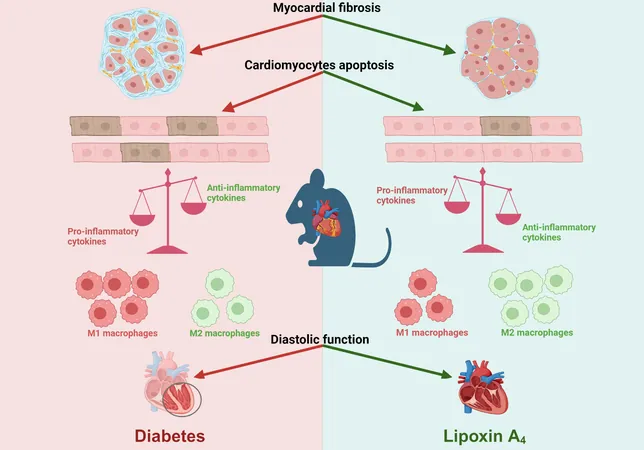


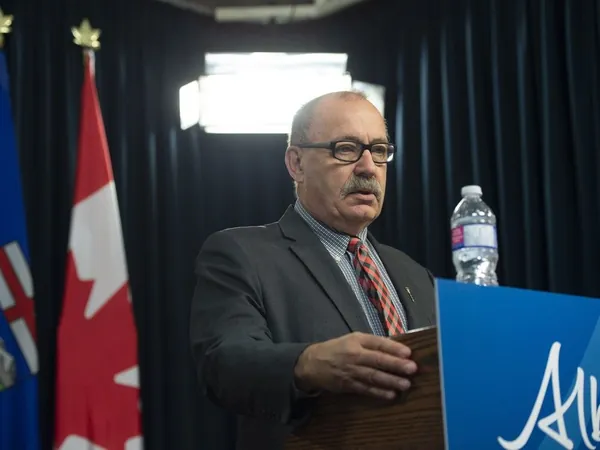

 Brasil (PT)
Brasil (PT)
 Canada (EN)
Canada (EN)
 Chile (ES)
Chile (ES)
 España (ES)
España (ES)
 France (FR)
France (FR)
 Hong Kong (EN)
Hong Kong (EN)
 Italia (IT)
Italia (IT)
 日本 (JA)
日本 (JA)
 Magyarország (HU)
Magyarország (HU)
 Norge (NO)
Norge (NO)
 Polska (PL)
Polska (PL)
 Schweiz (DE)
Schweiz (DE)
 Singapore (EN)
Singapore (EN)
 Sverige (SV)
Sverige (SV)
 Suomi (FI)
Suomi (FI)
 Türkiye (TR)
Türkiye (TR)